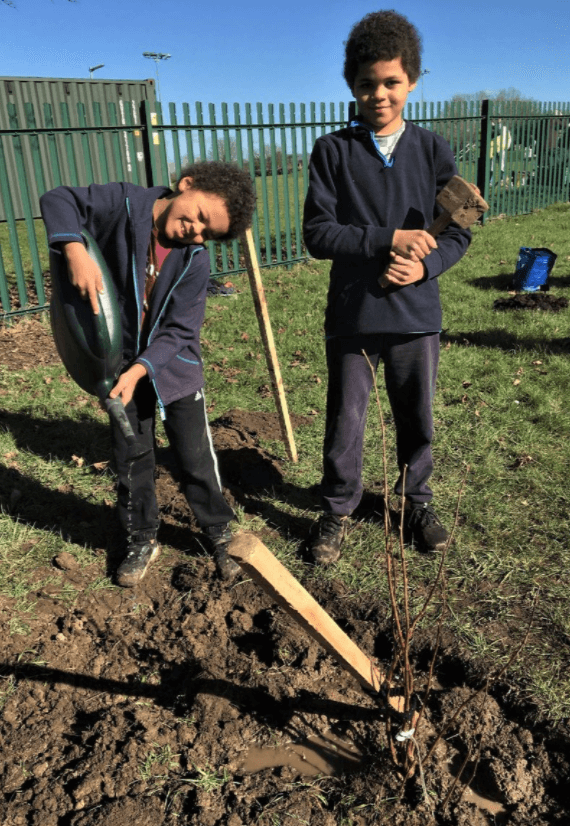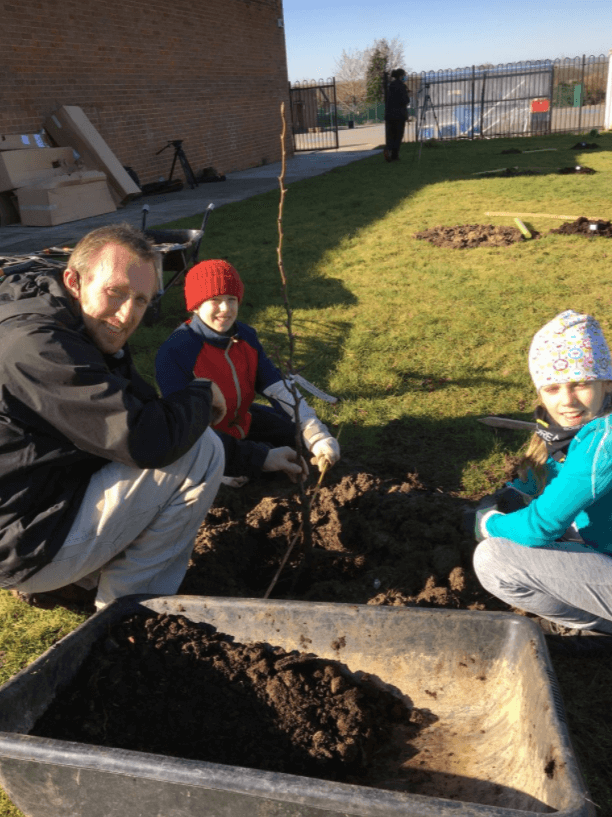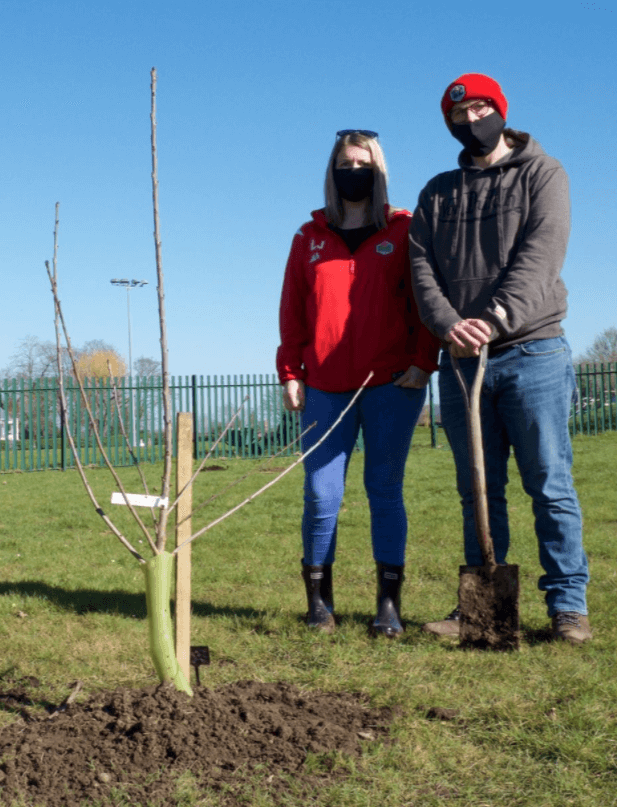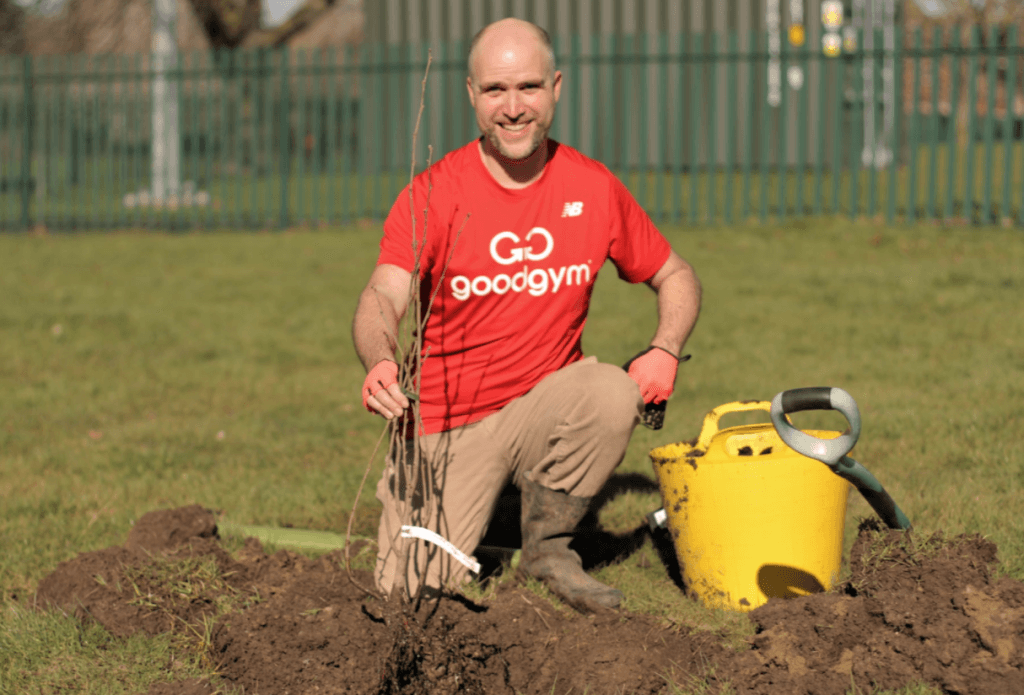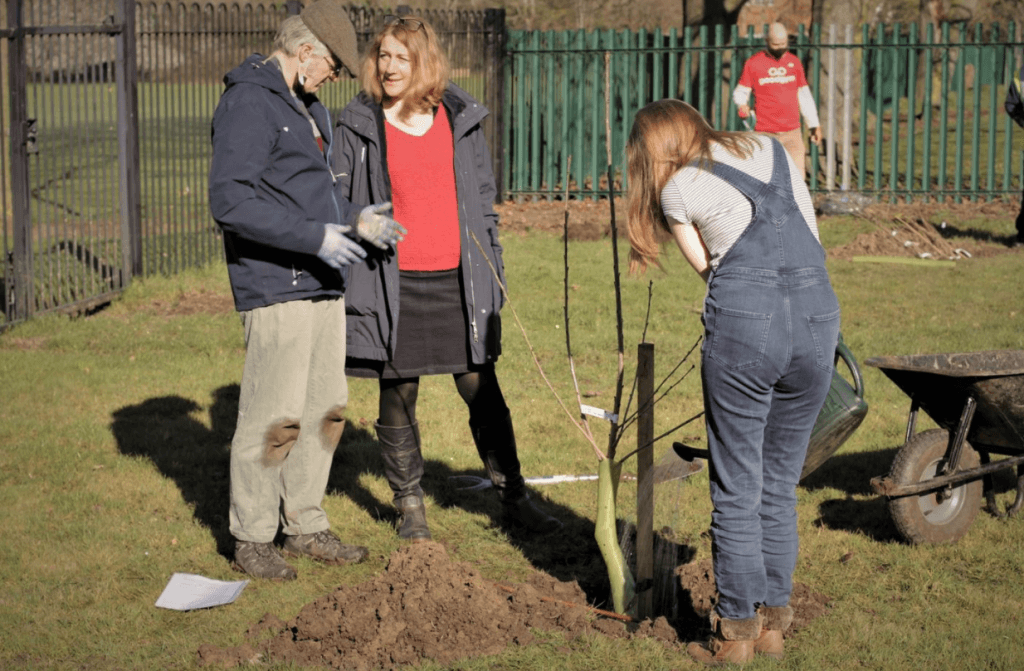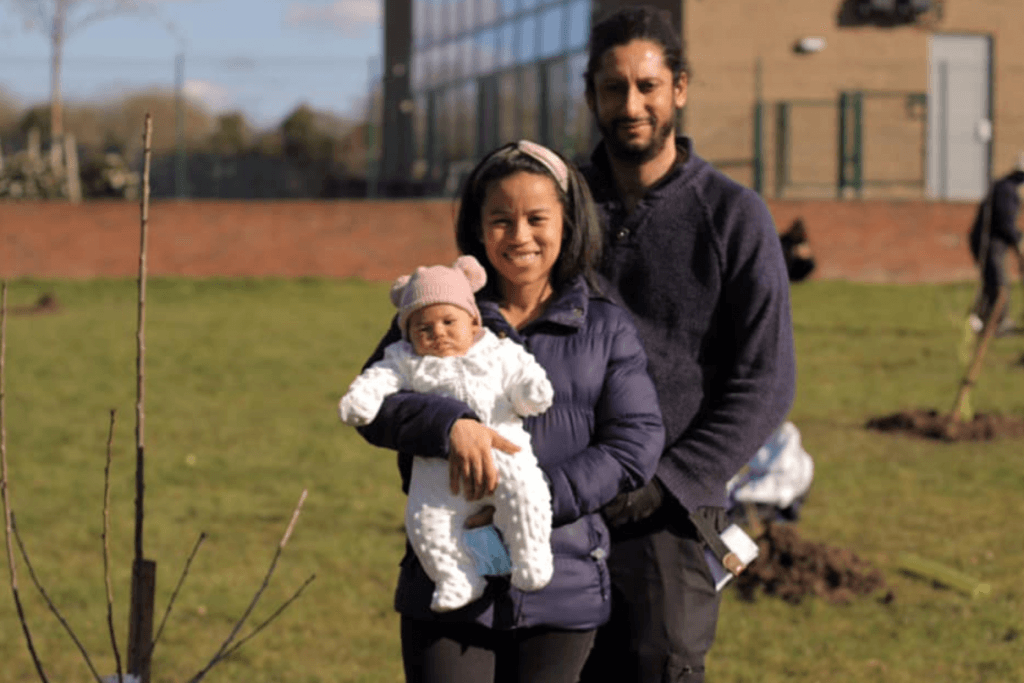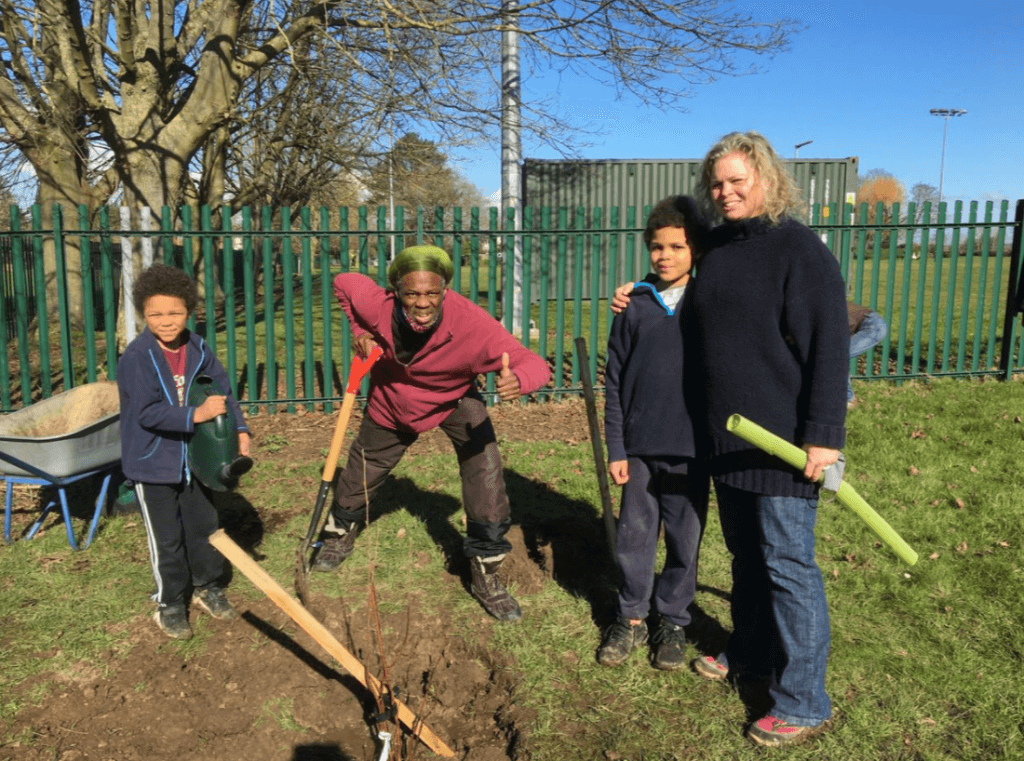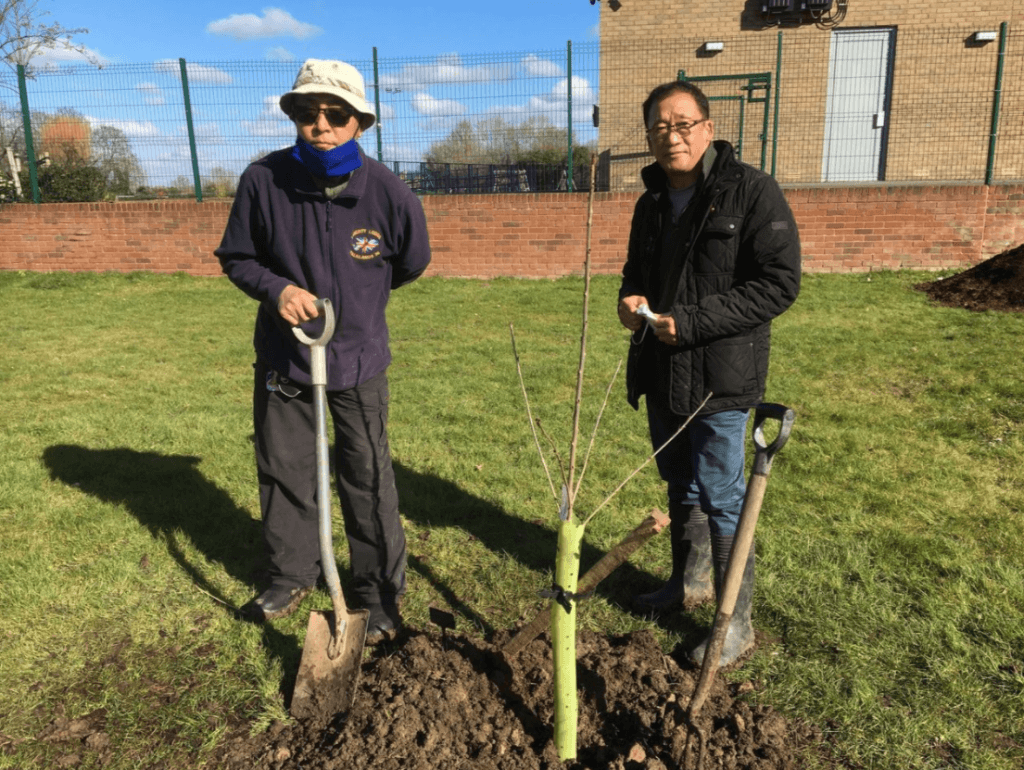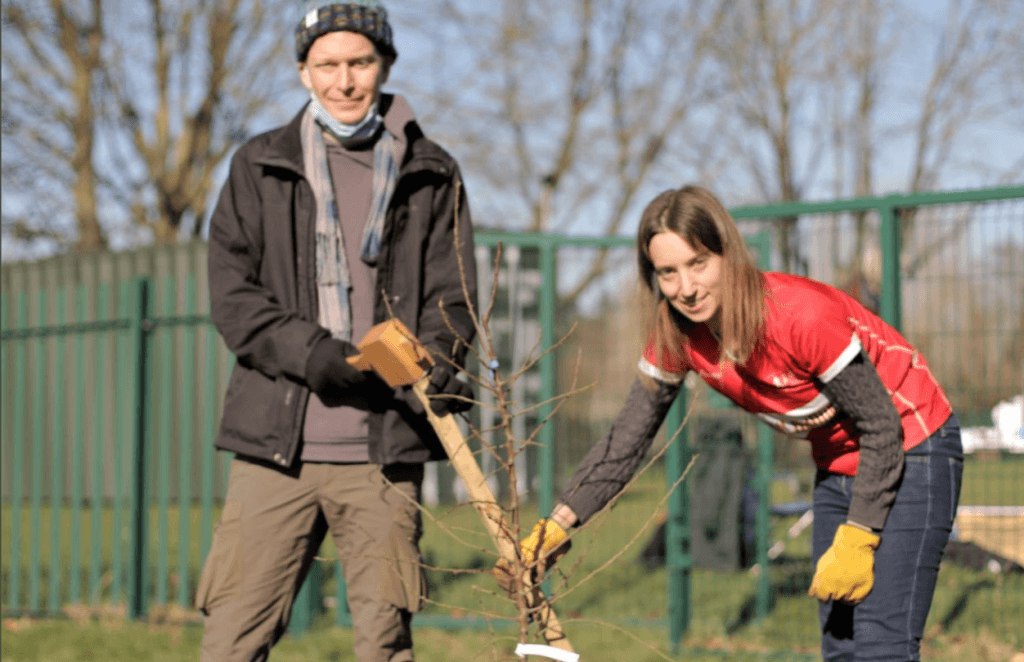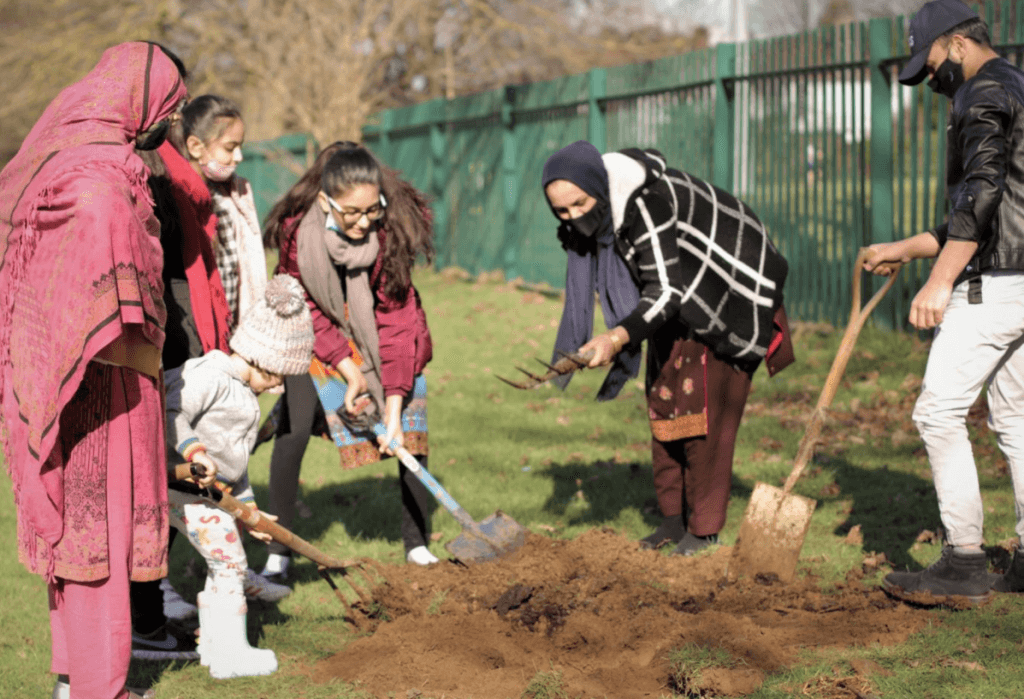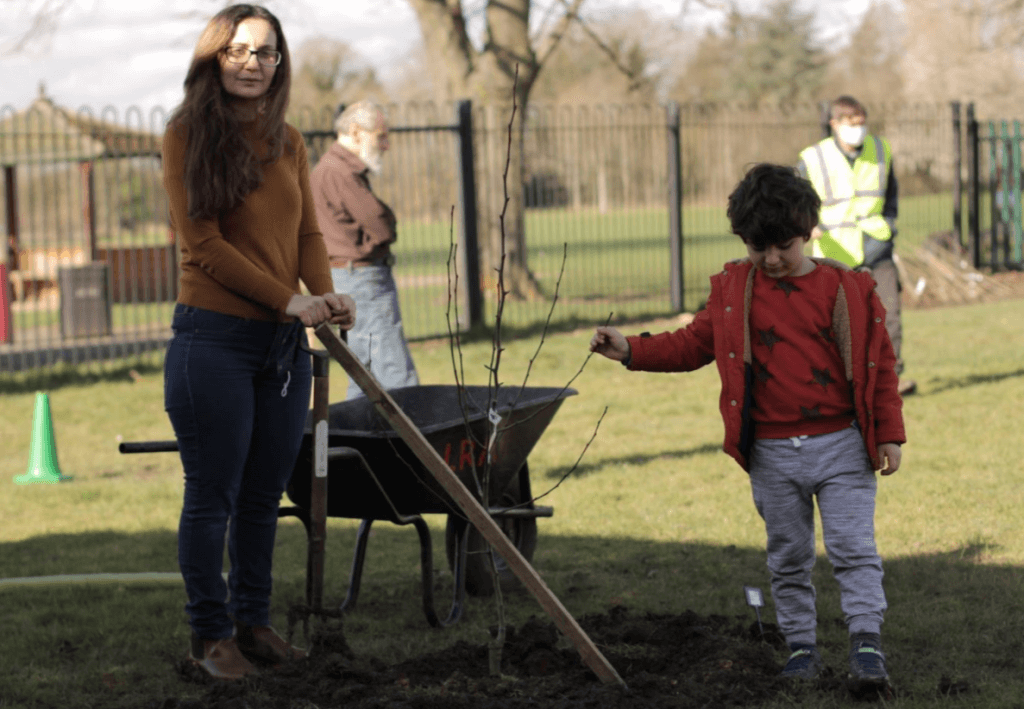Community Group of the Month: Rose Hill and Iffley low Carbon
Our community group of the month for June 2021 is Rose hill and iffley low carbon, otherwise known as rhilc!
RHILC are a thriving group who have an inclusive approach to tackling climate change and always strive to involve the whole community in their activities. They have responded positively to the changing situation brought about by Covid-19 restrictions and have focussed their initiatives on making positive changes in the local community.
RHILC is a not for profit community action group founded in 2013. They fight climate change through cooperating with other like-minded groups. Working with Oxford City Council they installed 190 solar panels on to Rose Hill Community Centre roof and in partnership with Low Carbon Hub, installed 109 solar panels on the roof of Rose Hill Primary School.
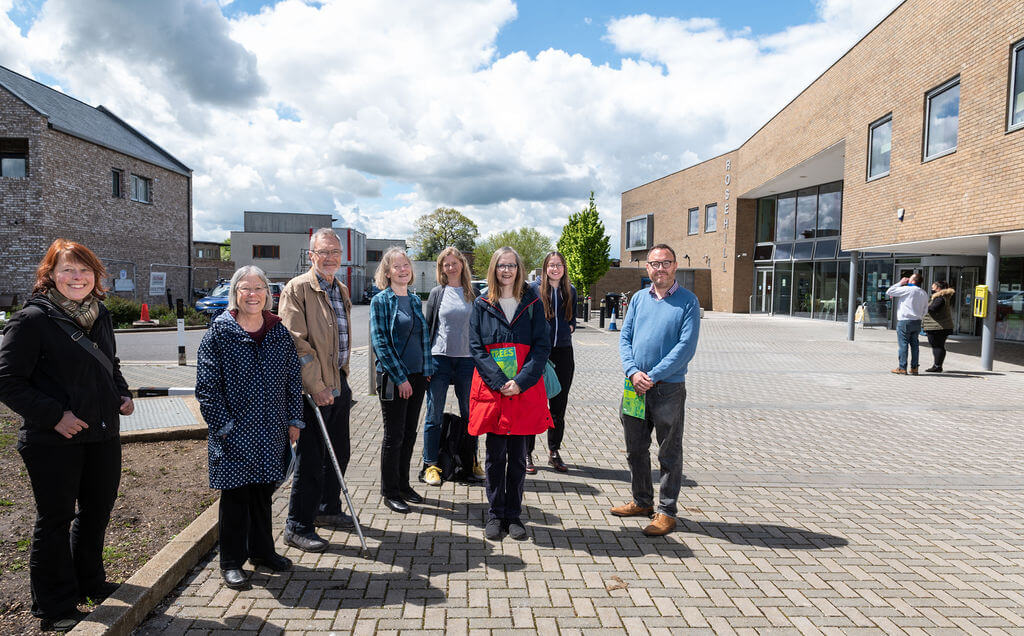
Renewable energy installations
RHILC are working with Low Carbon Hub on Project LEO to develop plans for a localised electricity grid in Rose Hill. This will enable residents to use the electricity generated from their solar panels and when there’s no sun it can be stored in a huge battery recently installed at the primary school
Land and nature
RHILC have planted a total of 600 trees since 2015 on the Rose Hill Recreation Ground and in the Community Orchard near Rose Hill Community Centre. They continued carefully through the lockdown restrictions with a big socially – distanced watering campaign during the prolonged dry period of May 2020. Over 30 volunteers from the local community came out to water and save the young trees with the water supply donated by local residents.
Trees don’t just give us beauty, shade and a habitat for wildlife; they also take in carbon, so wide – scale reforestation will help prevent climate change
Katherine, coordinator of the tree planting project
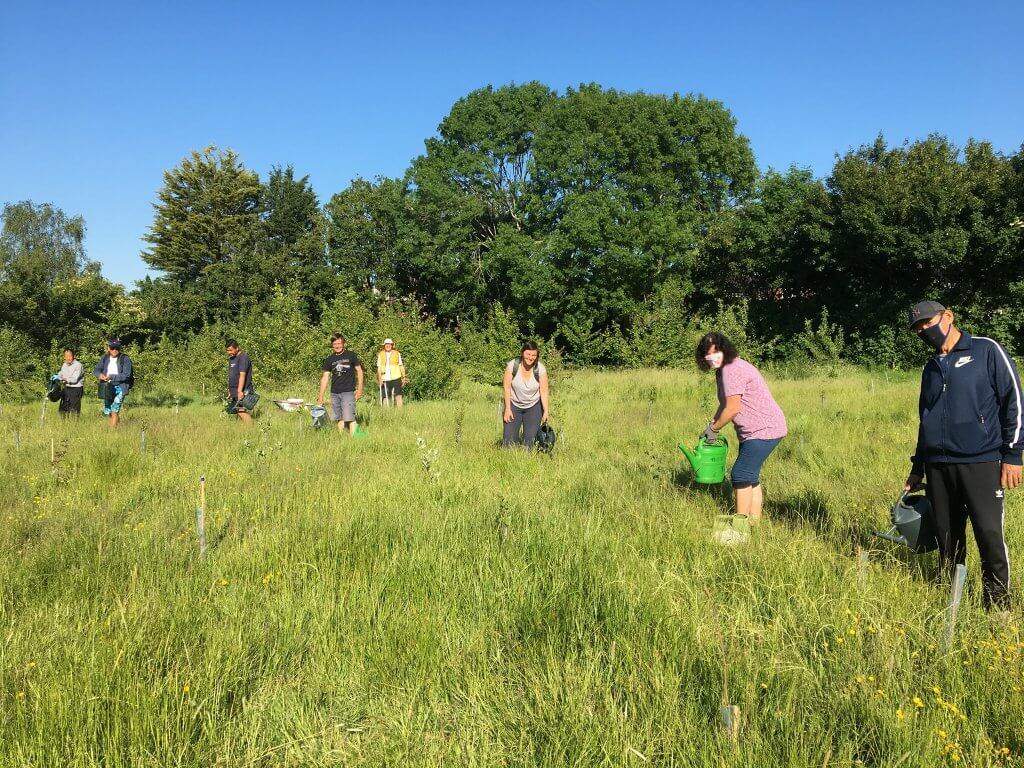
Growing in the face of challenge
Earlier this year representatives from16 diverse local Rose Hill community groups came together to be part of the most recent stage of the tree planting project and each group has been featured on RHILC’s Face Book page. This proved not only a great way to maintain interest in the project but helped to make volunteers feel valued and glad to take part. It enhanced community spirit and a sense of ownership of the community orchard.
It involved representatives of different ages, interests, ethnicities and faiths. Just a few of the groups involved include; the Syrian Sisters, a groups of Syrian refugees who meet at Rose Hill Community Centre, 40 members of the Nepali Community, Rose Hill Junior Youth Club, Rose Hill Youth FC, Good Gym, the Muslim Community, Rose Hill Methodist Church, St Mary’s Church and Friends of Rivermead.
“In planting and nurturing a tree for their communities, each family committed to working with people who aren’t exactly like them for the future of our world.”
Eleanor watt, chair of rhilc
Lizzy Couves, a member of RHILC, organised the filming of each part of the project. The film titled, “Growing in the Face of Challenge” was supported by a small grant from Low Carbon Hub and will form part of the CAG exhibition “From the Ground Up, 20 Stories of Climate Action” at Arts at the Old Fire Station, planned to open in August 2021.
‘In a democracy, we can’t move to net zero as a divided society. We must all see the need to change our lifestyles and then act. The tree planting project was a small step in this direction. It involved representatives of different ages, interests, ethnicities and faiths. They came from the local nursery, youth club, football team, running group, environmental groups and allotments. They came from the Christian, Muslim, Nepali and Syrian communities and people of no faith. They came from our two main public institutions – the school and community centre. Our local Councillor and MP were our political representatives. In planting and nurturing a tree for their communities, each family committed to working with people who aren’t exactly like them for the future of our world.’

